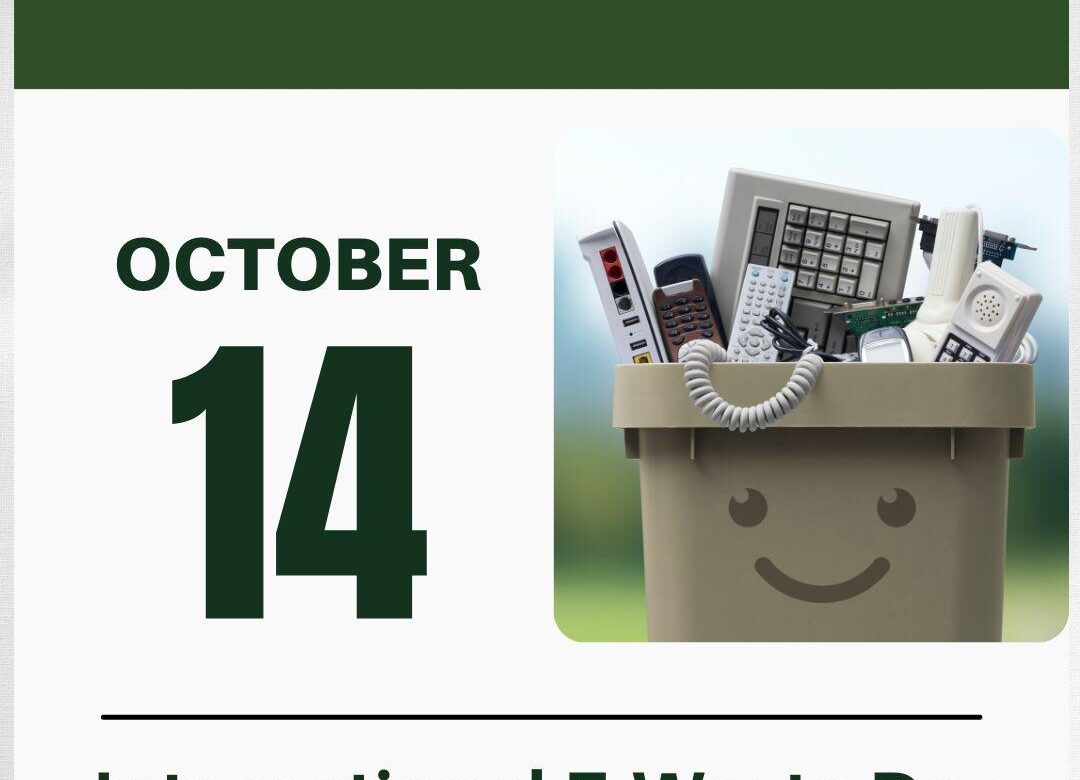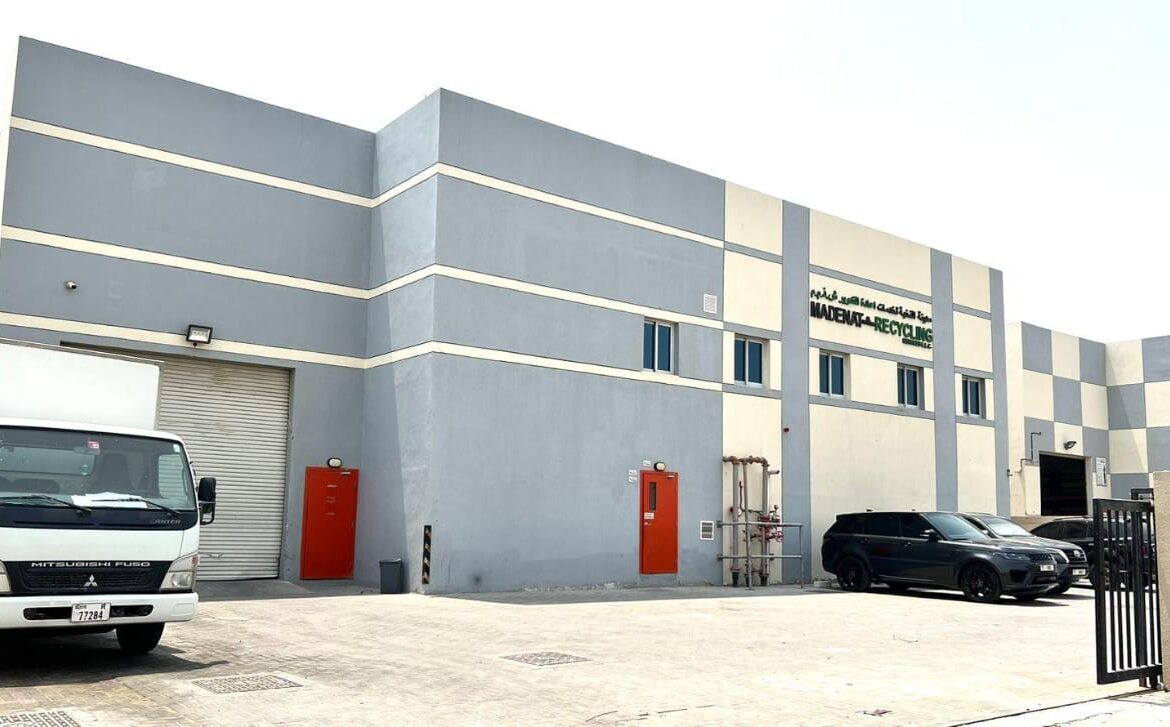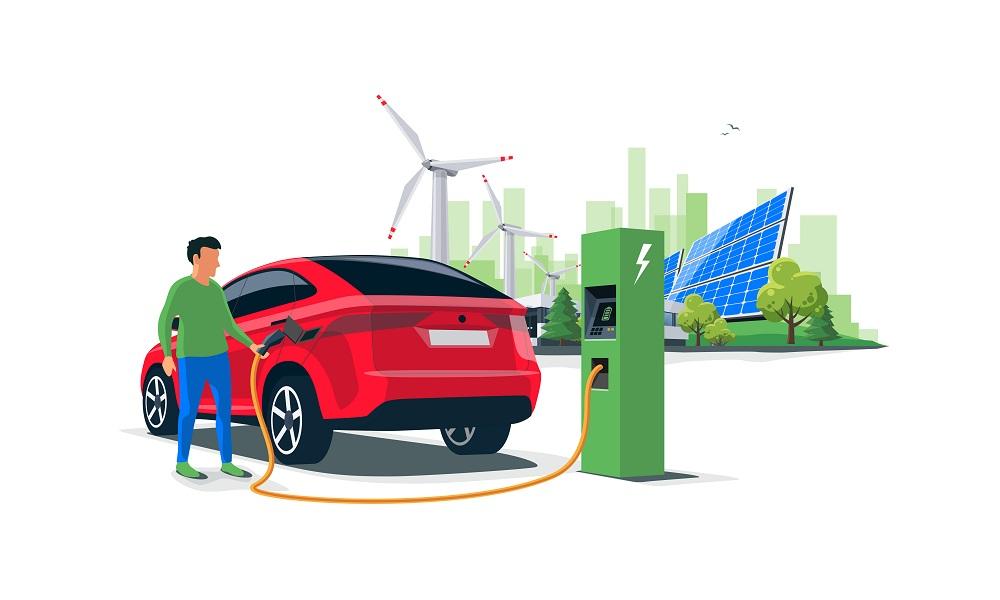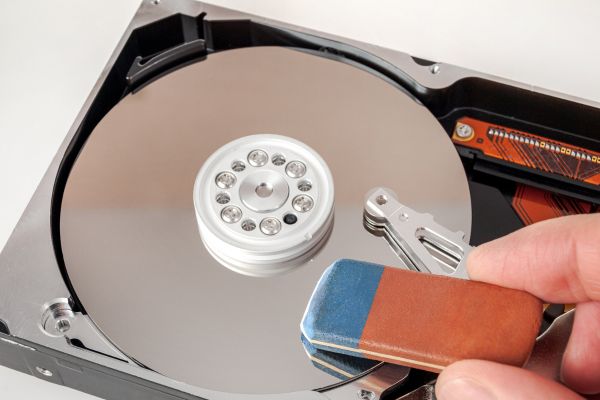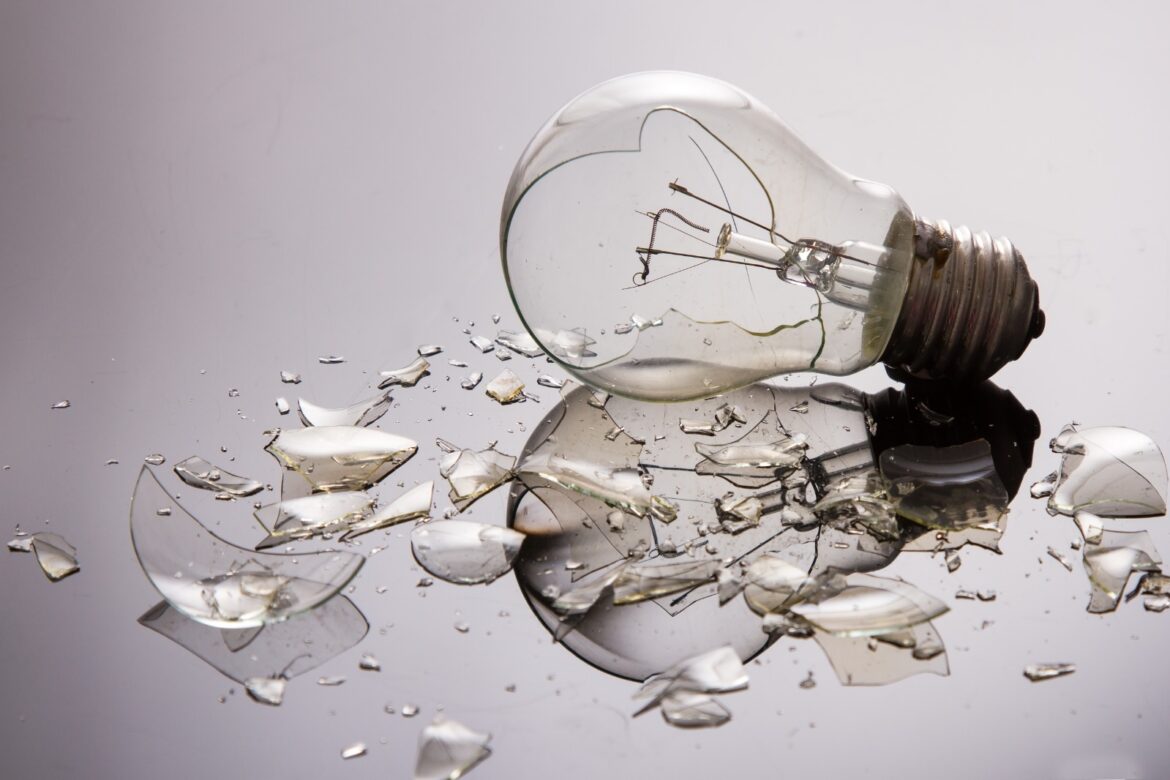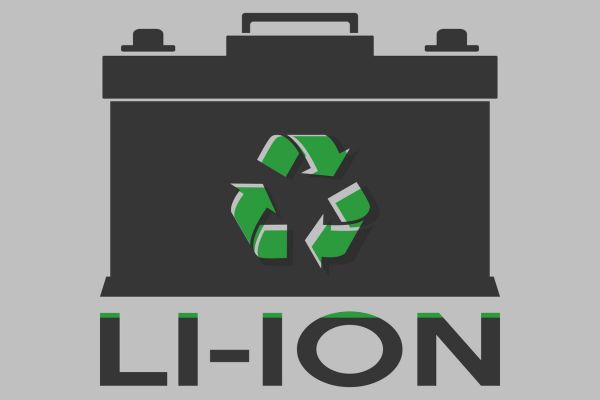In today’s digital age, technology has become an integral part of our lives. From smartphones to laptops, we rely on electronic devices for communication, work, and entertainment. While these gadgets offer convenience and connectivity, they also pose a significant environmental threat when they reach the end of their lifecycle. International E-Waste Day, celebrated annually on October 14th, is a global initiative aimed at raising awareness about the growing e-waste problem and encouraging responsible e-waste management. Together, let us explore the importance of International E-Waste Day and what we can do to make a positive impact.
Understanding the E-Waste Problem
Electronic waste, or e-waste, refers to discarded electronic devices and electrical equipment. These items contain hazardous materials like lead, mercury, and cadmium, which can leach into the environment and pose serious health risks when improperly disposed of. E-waste is the fastest-growing waste stream globally, with approximately 59.4 million metric tons generated in 2022 alone, according to the Global E-waste Monitor. Sadly, hardly any e-waste was collected and recycled, leaving the rest to end up in landfills or illegal disposal sites.
The Consequences of Ignoring E-Waste
- Environmental Damage: Dumping e-waste in landfills or burning it, releases harmful toxins into the air, soil, and water. These toxins can contaminate ecosystems and harm wildlife, affecting the balance of our planet’s ecosystems.
- Health Hazards: E-waste contains hazardous substances that can have severe health consequences for those exposed to them, especially in impoverished communities where recycling is often informal and unsafe. The toxins can lead to respiratory problems, skin diseases, and even cancer.
- Resource Depletion: Electronics contain valuable resources such as gold, silver, and rare metals. When e-waste is not properly recycled, these resources are lost, leading to increased mining and further environmental degradation.
The Role of International E-Waste Day
International E-Waste Day serves as a reminder of our collective responsibility to address the e-waste crisis. This year let us contribute in the solutions by doing below tasks,
- Creating Awareness: Spreading the word about the significance of e-waste and its environmental impact is crucial. Share information about International E-Waste Day on social media, organize awareness campaigns, or participate in local events. You can do that by simply sharing this blog post.
- Responsible Recycling: Encourage proper disposal of electronic devices through certified e-waste recycling programs. Madenat offers recycling services for various kinds of E-waste. Contact us to know more today.
- Refurbishing and Repairing: Before discarding a device, consider whether it can be repaired or repurposed. Refurbishing and extending the lifespan of electronics can significantly reduce e-waste.
- Supporting Legislation: Advocate for strong e-waste regulations and policies in your region. These regulations can help ensure responsible disposal and recycling practices.
- Educating Others: Share your knowledge about e-waste with friends and family, and encourage them to take action as well. Bring all your community’s e-waste to Madneat’s recycling facility by International E-waste Day 2023.
International E-Waste Day is a critical opportunity for individuals and communities worldwide to recognize the dangers of electronic waste and take meaningful steps toward its reduction and proper management. By raising awareness, recycling responsibly, and supporting initiatives that address the e-waste problem, we can protect our environment, safeguard our health, and promote a more sustainable future for generations to come. Let’s unplug, recycle, and reimagine a world where electronic waste is no longer a threat but a resource waiting to be responsibly utilized.

